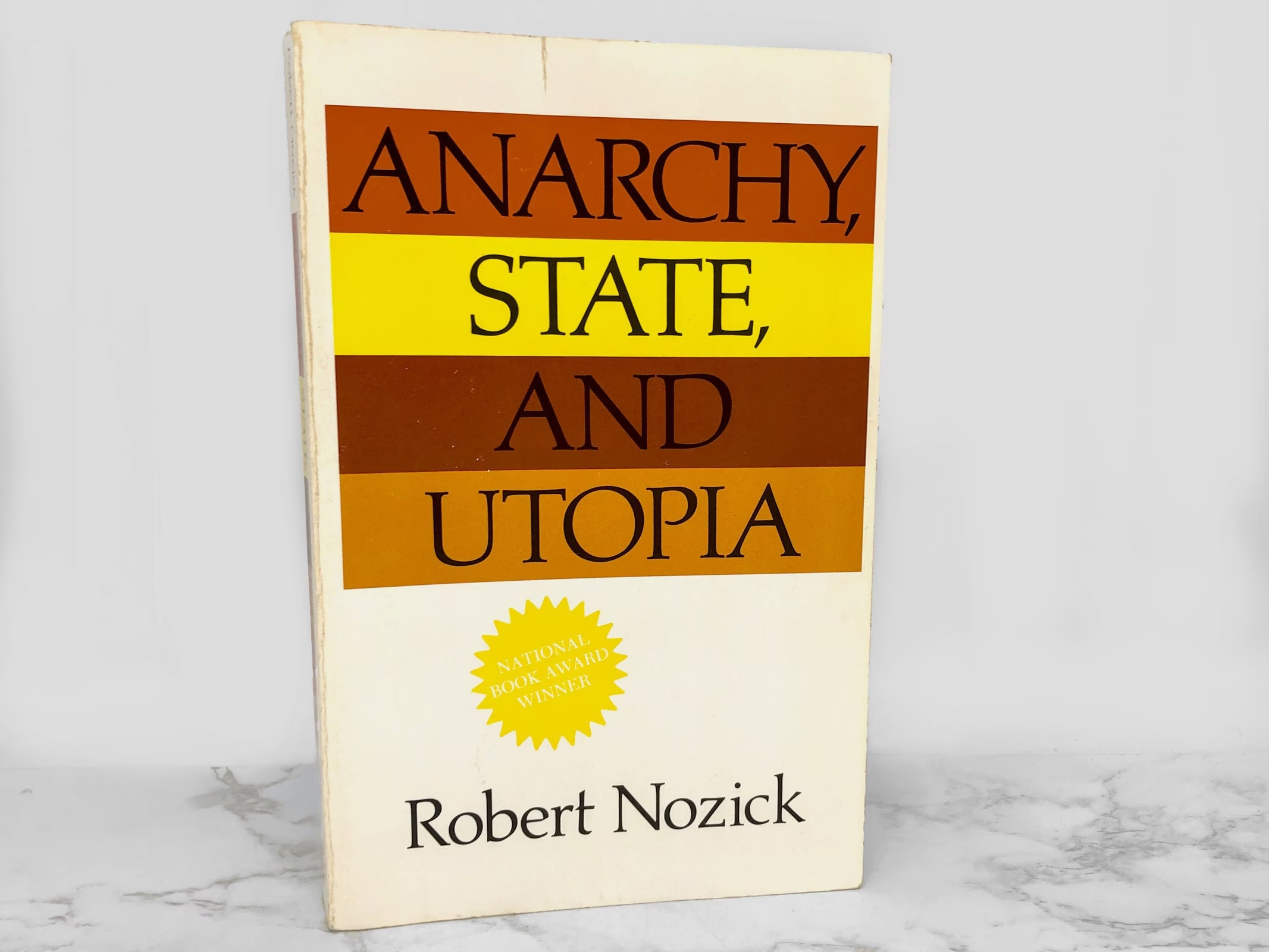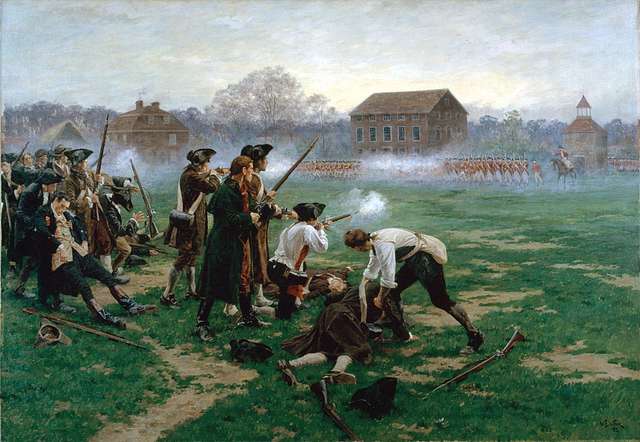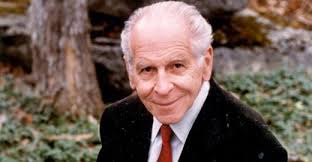“It’s 4 in the morning, there’s headlights that are shining into your house; there’s a number of different officers that are now on the premises; they’re wearing tactical gear; they have weapons; and they approach your front door. Do you think that the ordinary citizen in that situation feels that they have an obligation to comply?”— Michigan Supreme Court Justice Richard Bernstein
It’s 1:30 a.m., a time when most people are asleep.
Your neighborhood is in darkness, except for a few street lamps. Someone—he doesn’t identify himself and the voice isn’t familiar—is pounding on your front door, demanding that you open up. Your heart begins racing. Your stomach is tied in knots. The adrenaline is pumping through you. You fear that it’s an intruder or worse. You not only fear for your life, but the lives of your loved ones.
The aggressive pounding continues, becoming more jarring with every passing second. Desperate to protect yourself and your loved ones from whatever threat awaits on the other side of that door, you scramble to lay hold of something—anything—that you might use in self-defense. It might be a flashlight, a baseball bat, or that licensed and registered gun you thought you’d never need. You brace for the confrontation, a shaky grip on your weapon, and approach the door cautiously. The pounding continues.
You open the door to find a shadowy figure aiming a gun in your direction. Immediately, you back up and retreat further into your apartment. At the same time, the intruder opens fire, sending a hail of bullets in your direction. Three of the bullets make contact. You die without ever raising your weapon or firing your gun in self-defense. In your final moments, you get a good look at your assailant: it’s the police.
This is what passes for “knock-and-talk” policing in the American police state.
“Knock-and-shoot” policing might be more accurate, however.
Whatever you call it, this aggressive, excessive police tactic has become a thinly veiled, warrantless exercise by which citizens are coerced and intimidated into “talking” with heavily armed police who “knock” on their doors in the middle of the night.
Poor Andrew Scott didn’t even get a chance to say no to such a heavy-handed request before he was gunned down by police.
It was late on a Saturday night—so late that it was technically Sunday morning—and 26-year-old Scott was at home with his girlfriend playing video games when police, in pursuit of a speeding motorcyclist, arrived at Scott’s apartment complex, because a motorcycle had been spotted at the complex and police believed it might belong to their suspect.
At 1:30 a.m., four sheriff’s deputies began knocking on doors close to where a motorcycle was parked. The deputies started their knock-and-talk with Apartment 114 because there was a light on inside. The occupants of the apartment were Andrew Scott and Amy Young, who were playing video games.
First, the police assumed tactical positions surrounding the door to Apartment 114, guns drawn and ready to shoot.
Then, without announcing that he was a police officer, deputy Richard Sylvester banged loudly and repeatedly on the door of Apartment 114. The racket caused a neighbor to open his door. When questioned by a deputy, the neighbor explained that the motorcycle’s owner did not live in Apartment 114.
This information was not relayed to the police officer stationed at the door.
Understandably alarmed by the aggressive pounding on his door at such a late hour, Andrew Scott retrieved his handgun before opening the door. Upon opening the door, Scott saw a shadowy figure holding a gun outside his door.
Still police failed to identify themselves.
Unnerved by the sight of the gunman, Scott retreated into his apartment only to have Sylvester immediately open fire. Sylvester fired six shots, three of which hit and killed Scott, who had no connection to the motorcycle or any illegal activity.
So who was at fault here?
Read the rest at the Future of Freedom Foundation.











